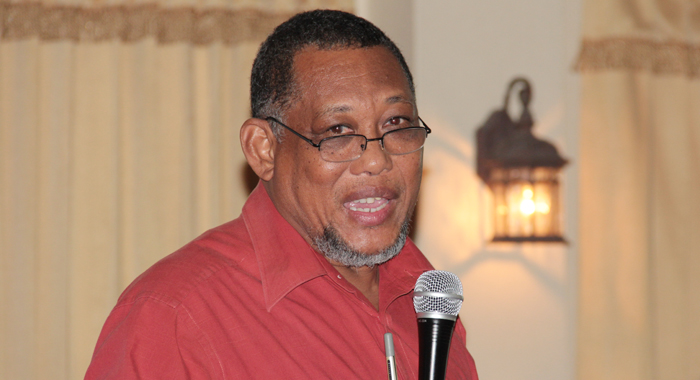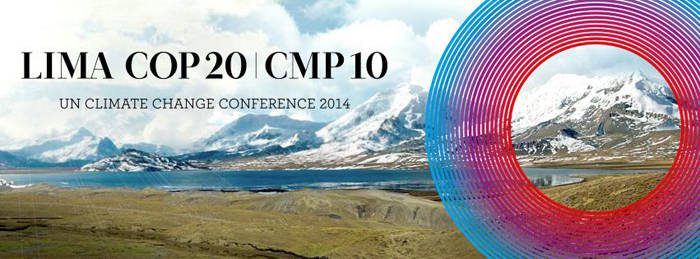St. Vincent and the Grenadines (SVG) is among the CARICOM countries that have not been sending representatives to the annual climate change talks, even as the nation is being impacted severely by climate change.
Jamaican negotiator Clifford Mahlung told I-Witness News in Kingston last week, that while CARICOM is a strong voice within the Alliance of Small Island States (OASIS), in recent times, some countries in the region have ignored the climate change talks.
He said SVG has lost some of its senior negotiators to other bodies.
“But I don’t know why they have not been sending — I am sure there are other seasoned people in St. Vincent and the Grenadines,” he said, adding, “Barbados had a problem too. I noticed they have gotten over that. And some of the other countries too.
“The rest of CARICOM has recognized, and the heads too in their meeting recognize that climate change is important and that participation in the negotiations is also important and numbers give you strength. So, even if it’s one person, each country should have at those negotiations,” said Mahlung, who has been talking part in the talks since 1997.
The world will gather in Lima, Peru for the 20th session of the Conference of the Parties (COP) and the 10th session COP serving as the Meeting of the Parties to the Kyoto Protocol, to be held from Dec. 1 to 12.
This year’s talks are expected to pave the way for a legally-binding deal to be signed in Paris next year.
The new accord is expected to help to slow down human-induced climate change and to provide financing to help the poorest nations respond to climate change.
Mahlung told I-Witness News that the small numbers of CARICOM negotiators at the talks can be frustrating since at times there is only one CARICOM negotiator trying to advance the region’s position.
“And it really helps when someone else supports that position and two, three, four persons strengthen that position and that is what happens in negotiations,” Mahlung said.

But Minister of Foreign Affairs, Sen. Camillo Gonsalves, noted to I-Witness News that at the COP meetings, CARICOM negotiates as a block, primarily, through the mechanism of AOSIS and the G-77.
“In order to be seen as speaking collectively, we try, as often as possible, to speak through those chosen negotiators, although sometimes secondary speakers are chosen to reinforce various points and themes,” Gonsalves further told I-Witness News.
He said SVG’s precise role in the COPs “varies in accordance with a number of factors, including the issues to be determined at that particular COP; the likelihood of meaningful progress; the selected lead negotiators; the stated or understood level of ambition expressed by the hosts of the COP; and the availability of specific personnel”.
The minister said funding can sometimes also be an issue.
“AOSIS often obtains funding for a limited number of island state representatives, and that funding is rotated among our membership. Sometimes, without funding, decisions have to be made about the role of individual negotiators relative to the cost,” Gonsalves told I-Witness News.
“SVG participates actively in all preparatory processes leading up to UNFCCC negotiations, and is an integral part of the determination of CARICOM and AOSIS negotiating positions. We have attended a number of COPs. I, myself have attended COPs, as have other negotiators. While we have not attended every single COP, we have certainly been active and present in a number of them,” he said.
He said some COPs are more significant than others, “and have greater potential for progress or danger of regression.
“Others are little more than ‘intersessional’ summiteering,” Gonsalves said.
“St. Vincent and the Grenadines has continued a very active and constructive role in preparation for the Lima meeting, and more importantly, for the crucial upcoming COP in Paris. A decision regarding our level of attendance in Lima has not yet been made,” he told I-Witness News.
A trough system last Christmas Eve left EC$300 million – 17 per cent of GDP — in loss and damage and 12 persons dead.






